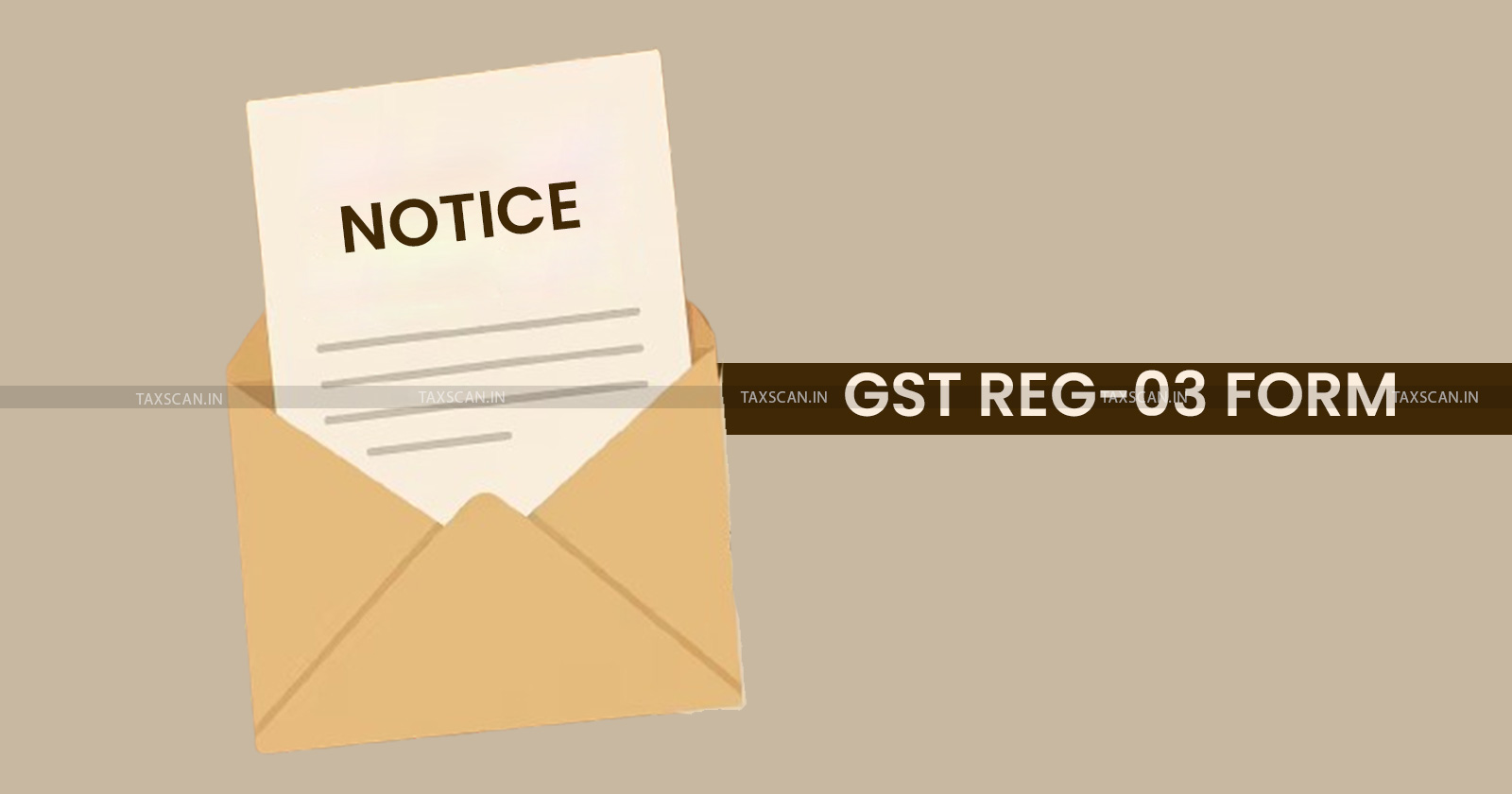GST Act Proceedings Governed by CrPC Unless Excluded: Himachal Pradesh HC Upholds Trial Court’s Decision to Record Pre-Charge Evidence [Read Order]
Himachal Pradesh High Court rules that CrPC applies to GST cases and allows trial to proceed with pre-charge evidence against accused in alleged fake ITC claim case
![GST Act Proceedings Governed by CrPC Unless Excluded: Himachal Pradesh HC Upholds Trial Court’s Decision to Record Pre-Charge Evidence [Read Order] GST Act Proceedings Governed by CrPC Unless Excluded: Himachal Pradesh HC Upholds Trial Court’s Decision to Record Pre-Charge Evidence [Read Order]](https://images.taxscan.in/h-upload/2025/07/05/2059552-gst-act-gst-act-proceedings-gst-act-proceedings-governed-by-crpc-crpc-unless-excluded-taxscan.webp)
In a recent ruling, the Himachal Pradesh High Court held that proceedings under the GST Act are governed by the Code of Criminal Procedure (CrPC) unless specifically excluded and upheld the trial court’s decision to record pre-charge evidence in a GST prosecution case.
Gagandeep Singh and Jatinder Mohan, partners of M/s G.M. PowerTech, filed a petition seeking to quash a complaint pending before the Additional Chief Judicial Magistrate, Kasauli, under Sections 69 and 132 of the HPGST/CGST Act read with the IGST Act. The case involved allegations that the petitioners had fraudulently availed input tax credit (ITC) by using fake invoices from non-existent suppliers during 2017-18 and 2018-19 and claimed ITC worth over Rs. 9 crore on goods allegedly transported using fake vehicle numbers.
 Also Read:No Double GST Action on Same Issue: Karnataka HC Quashes State Notice to Toyota Kirloskar Amid Central Proceedings [Read Order]
Also Read:No Double GST Action on Same Issue: Karnataka HC Quashes State Notice to Toyota Kirloskar Amid Central Proceedings [Read Order]
The petitioners’ counsel argued that the GST Act does not contain provisions for investigation and filing of complaints by GST officials and that the continuation of the proceedings was an abuse of the legal process, violating their rights under Article 21 of the Constitution. They argued that the trial court had wrongly directed the recording of pre-charge evidence and sought quashing of the complaint on this ground.
Comprehensive Guide of Law and Procedure for Filing of Income Tax Appeals, Click Here
The GST department’s counsel argued that the provisions of the CrPC apply to GST proceedings unless specifically excluded and that the department had followed due process under the GST Act while investigating the fraud and filing the complaint. The counsel argued that the trial court was justified in proceeding with the case as a warrant case and recording pre-charge evidence due to the seriousness of the offence under Section 132, which carries imprisonment of up to five years.
 Also Read:“Upload Site with Sign Board and Adjacent Shop”: GST Applicant Condemns Dept’s Photo Demand for Business Proof
Also Read:“Upload Site with Sign Board and Adjacent Shop”: GST Applicant Condemns Dept’s Photo Demand for Business Proof
A single bench led by Justice Rakesh Kainthla observed that the CrPC applies to GST proceedings when there is no provision to the contrary in the GST Act and that the trial court was right in treating the matter as a warrant case requiring pre-charge evidence. The court observed that the allegations of the petitioners regarding improper investigation did not justify quashing the complaint at this stage and that the trial court should proceed to examine the evidence on record.
The court dismissed the petition and allowed the trial court to continue with the prosecution in accordance with the law, clarifying that its observations would not affect the merits of the case during the trial.
Support our journalism by subscribing to Taxscan premium. Follow us on Telegram for quick updates


